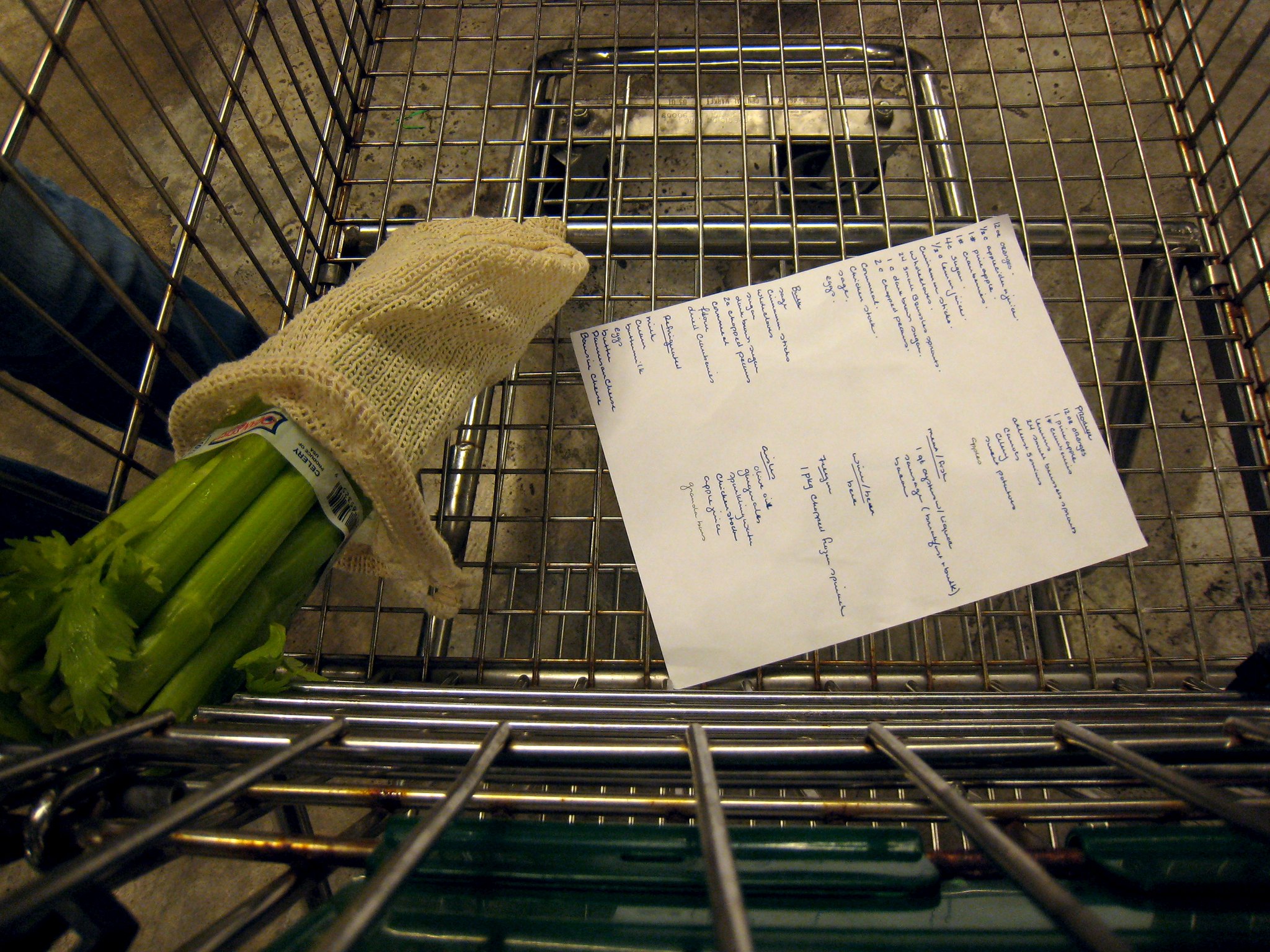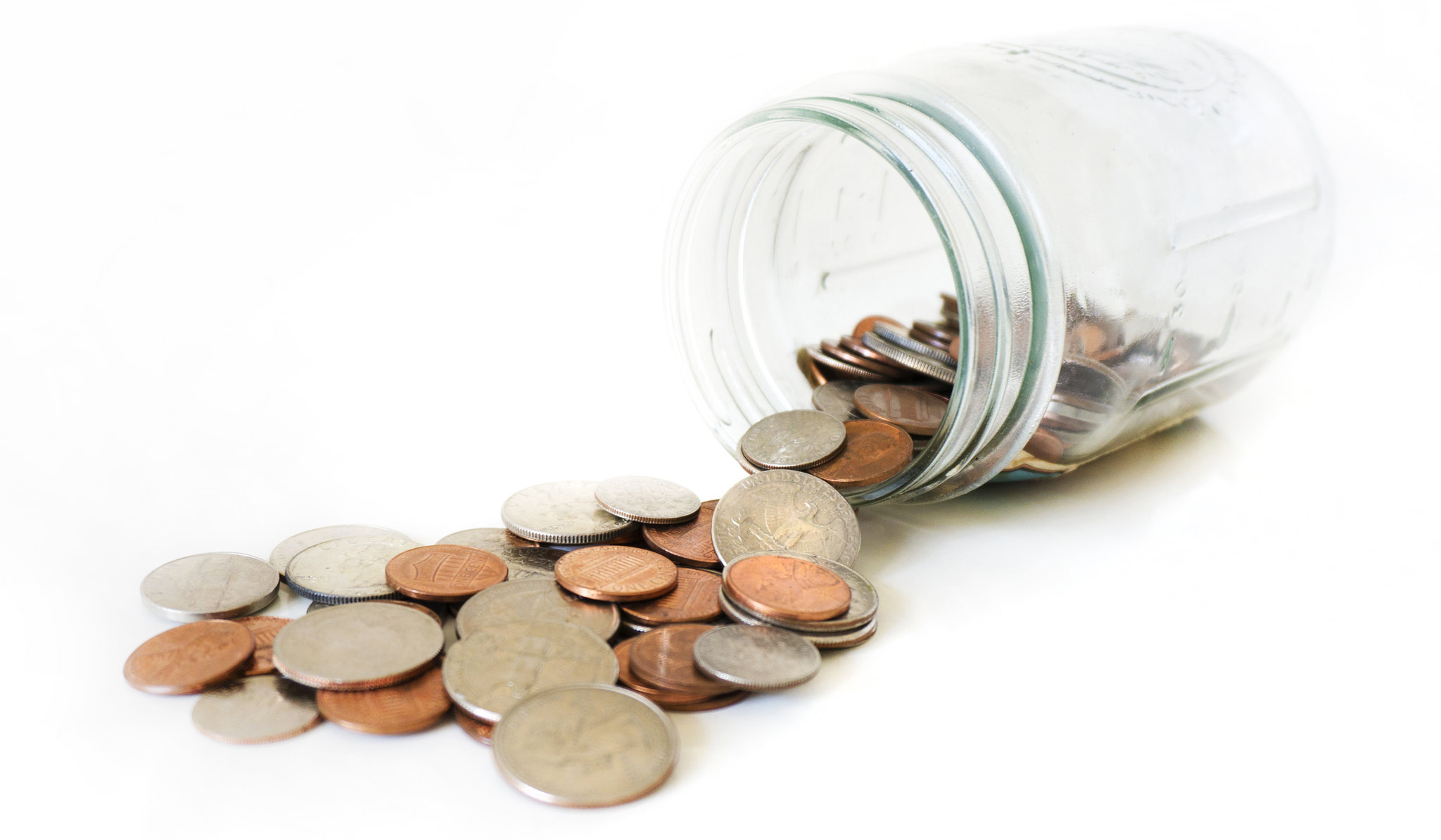In pursuit of profit - what habits make us spend more in stores?
Marketers stay up at night thinking about how to get people hooked. How to sell something that no one wants. And they succeed because millions of customers spend money on unnecessary products. Today I will tell you how to resist this and start saving on shopping.
The content of the article
Remove all temptations
My first advice is not new, but many continue to ignore it due to laziness. At home, the mind is clear and works for the result, not for the store. That is why before visiting a local supermarket or even a fashion boutique, you must clearly define your goal. And then put it on any piece of paper. Yes, I'm talking about making a list.

The second piece of advice would be to empty your wallet. No, you shouldn't throw away your money! However, setting yourself clear spending limits will be extremely useful. Limits help to resist the temptation to spend money on something unnecessary that is not on the list.
The third tip in this category is to not go shopping empty. And in every sense of the word. Of course, shopping therapy can only be useful, but if the goal is profit, it is better to go grocery shopping in a good mood. A full stomach will also help a lot. This way there will be less temptation for goodies.
Say no to recklessness
Hasty shopping is an extremely unprofitable habit. It works against a person in three ways. The first of them: forces you to buy what is in sight.Someone smart came up with the idea of placing expensive goods right at the buyer’s eye level. This technique works very well when a person is in a hurry. That is why it is better to carefully look at all the racks and not rush to take the most noticeable.
The second way: forces you to pay extra for unnecessary services. It seems like magic, but the price of packaged groceries can be two to three times more expensive than bulk groceries. The same goes for vegetables, eggs, and sweets. For their reluctance to take the package and spend an extra three minutes, people greatly overpay.

Well, the third way: buyers grab what is well known. I can say as much as I want that I don’t fall for advertising, but in the store my eyes automatically fall first on the familiar packaging. The same applies to “ultra megaflavors”, which are hardly different from ordinary ones. It’s easy to grab an advertised brand off the shelf, but it’s much more profitable to take the time and choose a product based on its composition and quality.
Other bad habits
Going shopping every day is a bad idea. The risk of unnecessary waste increases. It is advisable to shop once a week, and ideally once a month. Taking friends or family with you when you need to make a strategic purchase is also a bad idea. A person may be collected on his own, but his companion is not. Children are by far the biggest sponsors of spontaneous spending.
Buying what friends recommended is another losing tactic. All markers have different tastes and colors, and in general it’s the same advertising. It is better to purchase something for yourself based only on your taste and needs.
And, of course, shares. I’m not a conspiracy theorist, I don’t have a tin foil hat on my head. However, I understand perfectly well that there are not only lucrative promotional offers, but also outright fraud.The easiest way to keep track of this is to remember or write down the prices of frequently purchased items. Then there will be an understanding of how much this or that thing should actually cost. Going to other stores to compare price tags also helps. What is a “promotion” for some may be a regular everyday price for others.





